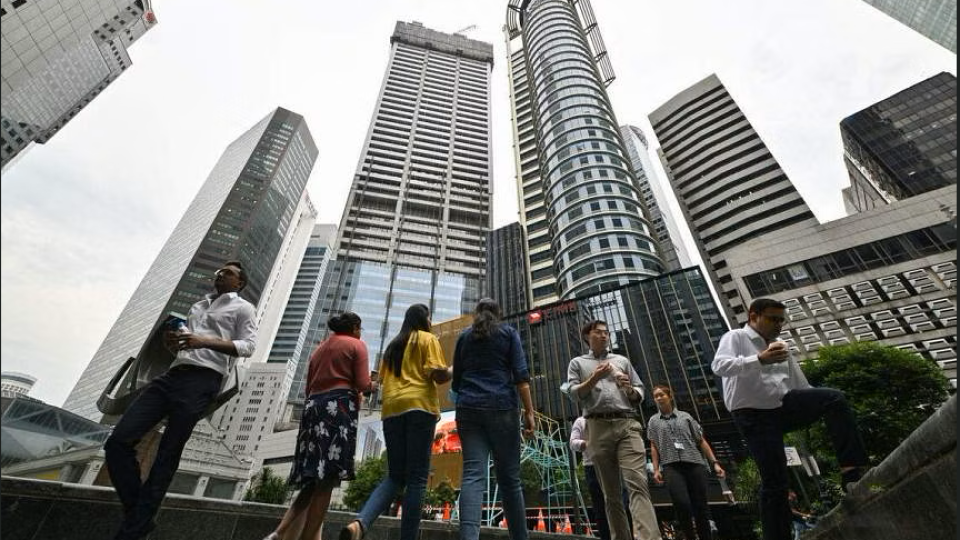May 4, 2023
SINGAPORE – Singapore can expect to see marginally lower volatility in the labour market than the rest of the world in the coming five years, results of a survey by the World Economic Forum (WEF) show.
This seems to be the case even though an overwhelming number of companies here believe geopolitical rifts will have a bearing on their businesses, and there will be higher adoption of new and frontier technologies relative to elsewhere.
These were among findings of the WEF’s The Future of Jobs Report 2023, released on Monday.
Survey responses from 80 companies, varying in size from multinationals to small and medium-sized enterprises and employing nearly 50,000 people, were collected for the Singapore section of the report.
“The picture is complex,” said Ms Elselot Hasselaar, head of mission, work wages and job creation at the WEF.
Labour market churn, which reflects the number of jobs impacted, depends on several factors – among them, the pace of economic growth, supply shortages, cost of living, the level of adoption of new technologies and ESG (environment, social and governance) standards and supply chain localisation, she said.
The WEF’s findings show that the labour market churn in Singapore will be 21 per cent, against 23 per cent globally.
This is despite 76 per cent of companies here believing geopolitical divisions will transform their business operations in the next five years, compared with just 48 per cent globally.
Many are also looking forward to adopting new technologies, and the pace of change is likely to be faster than elsewhere in the world. Seventy-two per cent of those polled foresee job creation as a result of this factor, compared with 57 per cent globally.
“Singaporean companies say they are also more likely than average to be impacted by supply shortages, rising costs and supply chains becoming more localised,” Ms Hasselaar noted.
Still, she added: “Singaporean companies are also more optimistic than average about the labour market impact of broadening digital access and ageing populations in advanced and emerging economies.”
Among other findings:
.Several surveyed companies indicated that the number of managing directors and chief executives would decline, a finding not replicated elsewhere.
.There is much lower emphasis on multilingualism – with 13 per cent of companies in Singapore considering it a core skill compared with 23 per cent globally.
.Results also showed that 70 per cent of companies in Singapore expect dependability and attention to detail to increase in importance in the next five years, compared with 56 per cent globally.
An outlier in Singapore data, Ms Hasselaar said, is that 61 per cent of companies operating here would like to see changes to immigration law on foreign talent, compared with just 28 per cent of companies globally.

